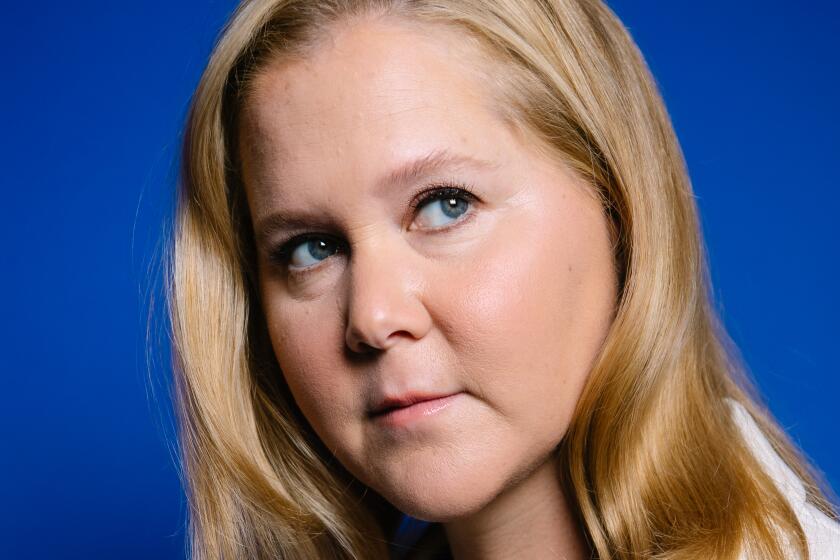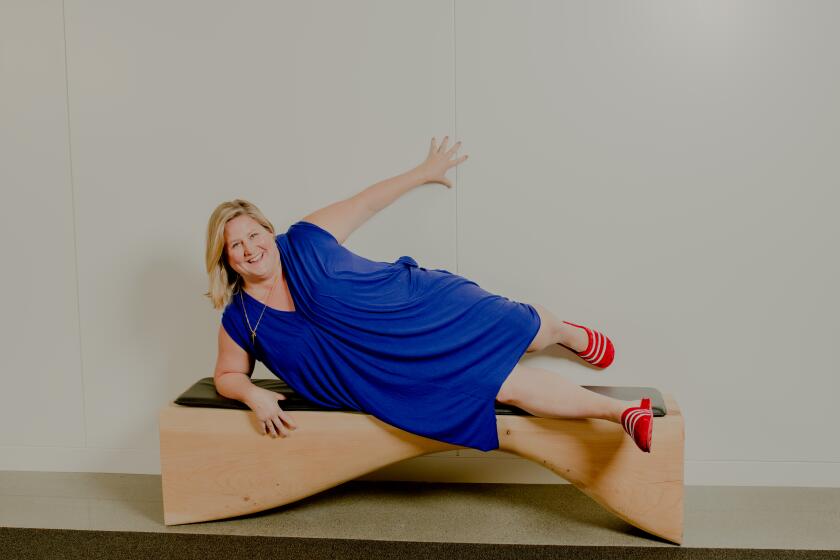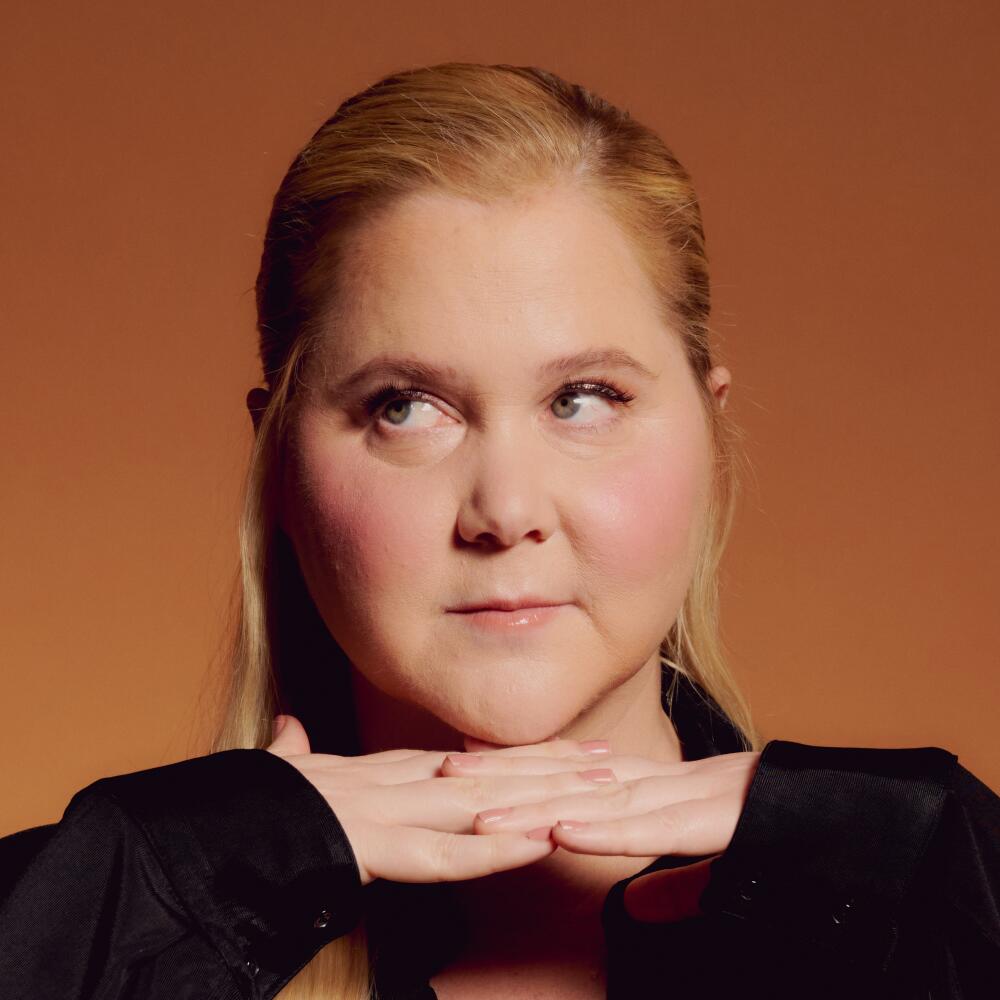
- Share via
In the second season of Hulu’s “Life & Beth,” from creator and star Amy Schumer, the same shifting tone of comedy and sadness exists. The biggest difference now is the confidence in its singular voice and how Schumer, who also writes and directs, has expanded and deepened the show’s world.
At the center of the semi-autobiographical story is still the rapidly accelerating romantic relationship between Schumer’s Beth and Michael Cera’s farmer-chef John. But now, the supporting characters get their own emotional complications too.
When Schumer talks about the guest stars she’s assembled — including David Byrne, Amy Sedaris and Jennifer Coolidge — she says with sincerity, “I’m so proud they said yes.” There’s also the sense that it’s meaningful to Schumer that “Life & Beth” reflects the curveballs thrown at people in her age group — everything from simple gnawing insecurities to agoraphobia, addiction and depression.
“I wanted to show different life struggles that people go through in their early 40s,” she says. “Hopefully, people [will] feel some empathy for each other and also for themselves.”
Writer, executive producer, director, star. Talk about why you enjoy wearing all the hats.
I’m very practiced with making a lot of decisions. I want the best end product and I like being efficient, so it makes sense. I think it’s difficult for women because nobody really questions that of men. Women can be looked at as a control freak or difficult or whatever. So playing the role I play in a very active functioning patriarchy is in itself a challenge that you have to make peace with so you can do your best work.
Amy Schumer reveals she’s been diagnosed with the hormonal disorder Cushing syndrome after addressing criticism of her ‘puffier’-appearing face.
Talk about the Season 2 storyline — Kevin Kane’s Matt suddenly discovers that he has a daughter. It’s inspired by something that actually happened to Kane, yes?
It happened much like it did in the show. Kevin and I dated, like, 20 years ago. We started a theater company together. We knew we felt connected. But we didn’t realize that we should be best friends and collaborators. We hadn’t dated for over 10 years and he said, “I really need to talk to you tonight. You need to open a bottle of wine.” And I just thought, “Ach, he’s coming to tell me he’s in love with me.” [laughs] He actually wanted to tell me he [learned that he] had a daughter who was, I think, 16.
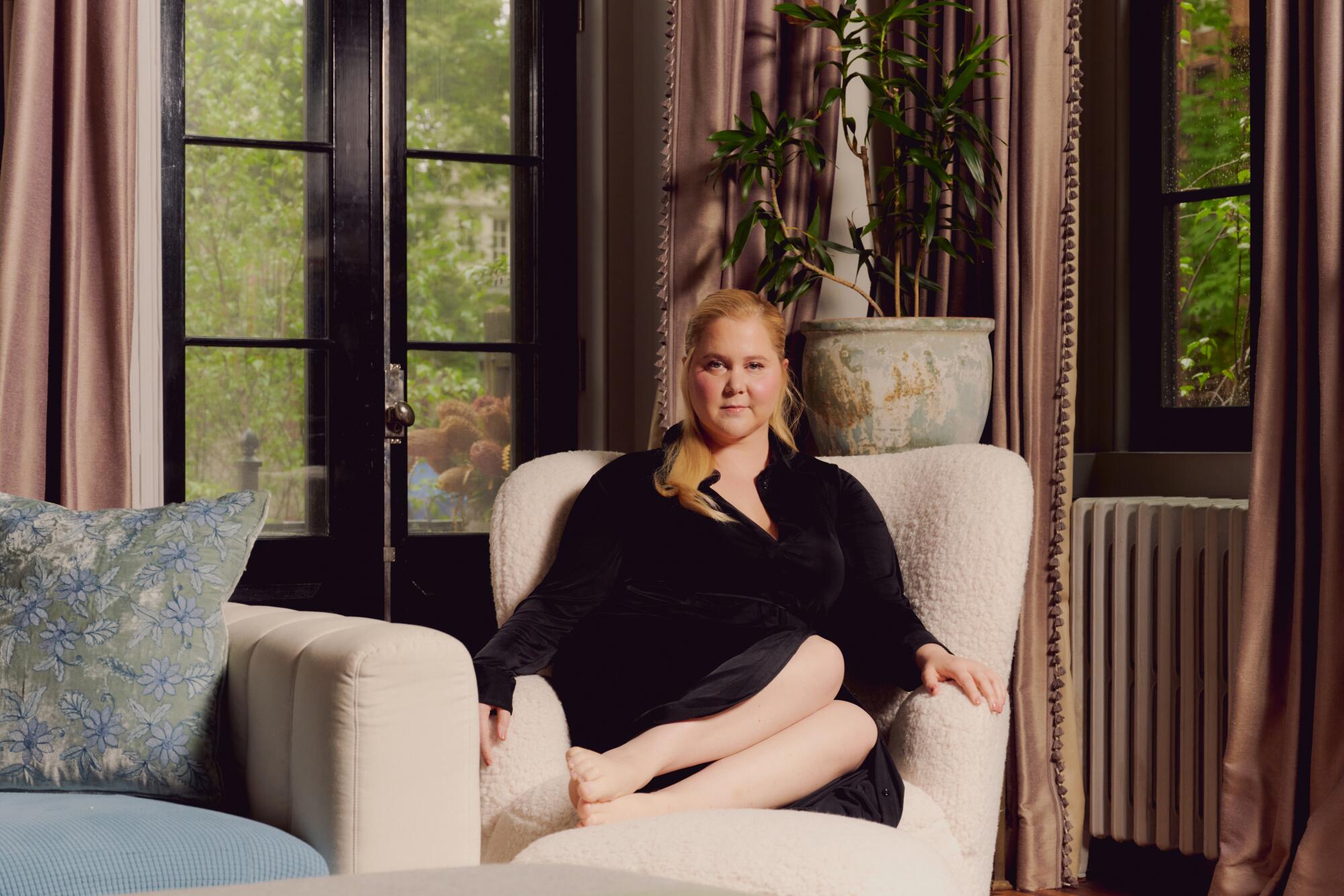
The conversation ended with me going, “Well, can I see her?” and he pulled up her picture on Facebook and I was like, [laughs] “Oh, my God. That is so clearly your daughter.” I just asked him [if I could use his story on the show] and he said he was totally down and he spoke to his daughter and they were totally supportive and wanted to do it.
In one scene, Coolidge plays a crystal ball-gazing psychic. How much of the dialogue came out of her amazing brain?
I think she maybe said five lines that were scripted. The scene took five or six hours to shoot. It was the hardest I’ve laughed in my entire life. It was brutal. Brutally funny. It went really late. We were all just laughing so hard we’d have to stop filming for a couple of minutes to get ahold of ourselves. That scene was so crazy but such a joy.
You didn’t write as many episodes in this season as you did in the first one. Why?
The truth is I wind up writing all of them. I don’t want to minimize the role of the writers because they’re so great. This season, I just wanted to spread the love around. I was equally as hands on as I was [last season] but had confidence in these writers to take the first couple passes.
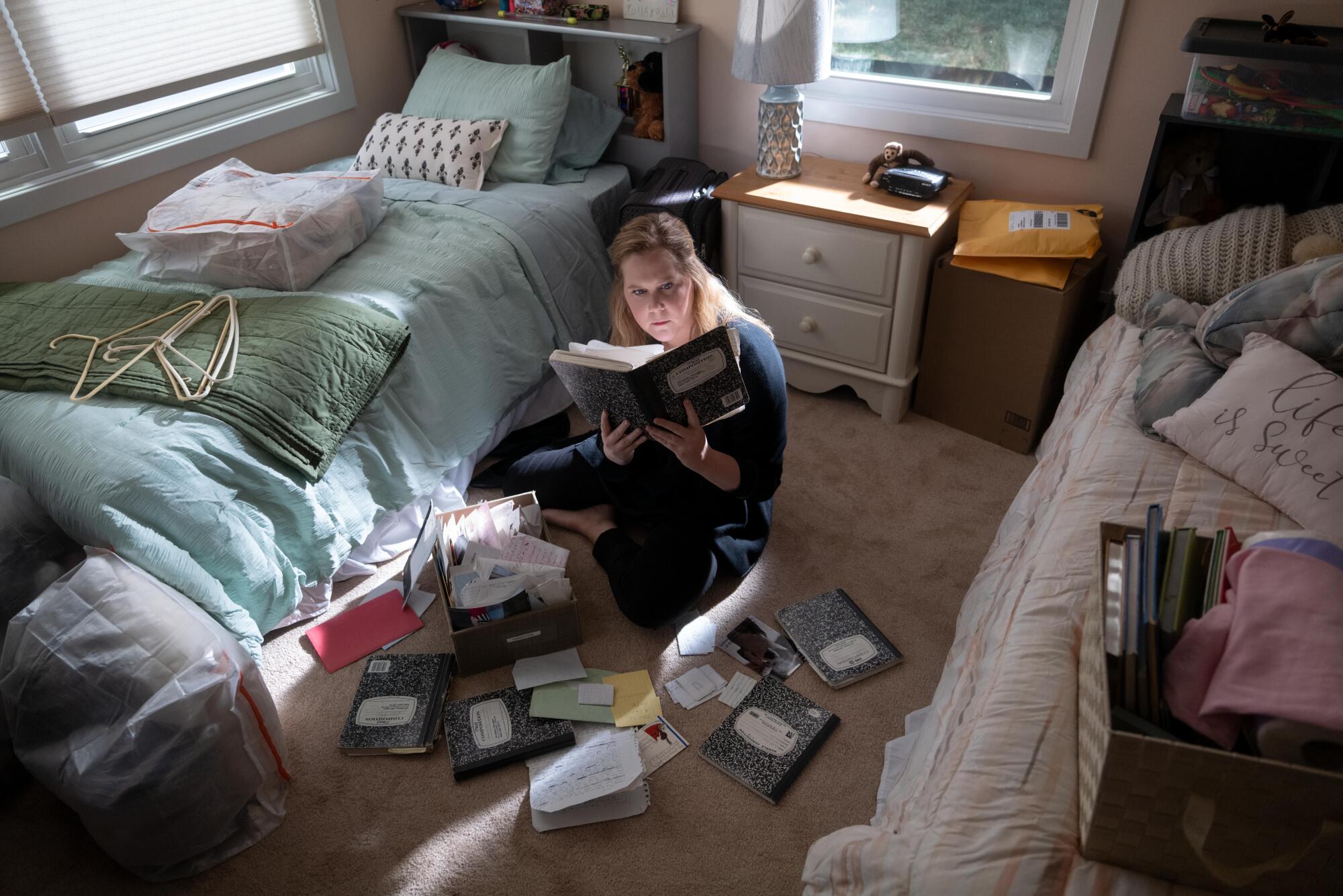
Much like the John character, your husband, Chris Fischer, learned he has autism spectrum disorder as an adult. How did your friends react?
Most women I know who watched the show have said [to me], “I think my husband’s on the spectrum.” I have a joke in my stand-up called “Autism? Or just man?” There are bigger distinctions, obviously, but there are so many things that I just think are inherently male.
The HBO series is one of many tones, some ribald and raunchy, some deeply introspective, all reflective of a performer who has worked extremely hard to get here.
Is it true that all your writers have some sort of connection to autism spectrum disorder?
Yes. We have a lot of actors on the show who are on the spectrum too. I think it’s essential. I don’t think I do that great of a job writing for men — because I’m not a man. So I look for help in those things. I want to get things right. Even bringing in experts and our own doctor who diagnosed my husband. I don’t want there to be even one thing where somebody thinks, “They got it so wrong.”
What has this experience shown you?
I’m a pocket psychologist. I have no actual clinical background, but I love diagnosing people. [laughs] I’m so interested in people’s psychology. It’s like, “That person has some OCD,” or a stressful relationship with money. I notice all those things. I’m one of those people who can’t stop my mind from racing in general.
More to Read
From the Oscars to the Emmys.
Get the Envelope newsletter for exclusive awards season coverage, behind-the-scenes stories from the Envelope podcast and columnist Glenn Whipp’s must-read analysis.
You may occasionally receive promotional content from the Los Angeles Times.
